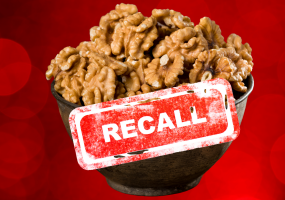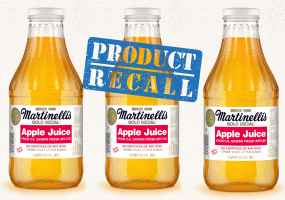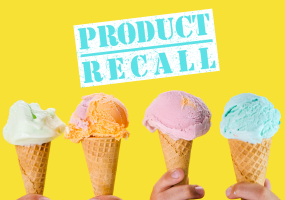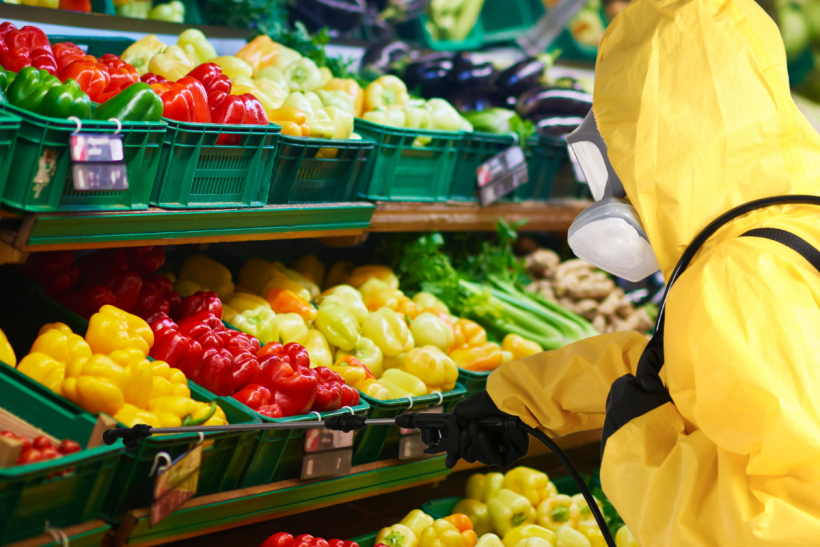
A Consumer Reports investigation uncovered alarming findings about dangerous pesticide contamination in fruits and vegetables, raising concerns about food safety and the need for stronger regulations to protect our health.
Consumer Reports Sounds the Alarm
In a shocking investigation, Consumer Reports has unveiled alarming discoveries regarding the prevalence of dangerous chemical pesticides in our fruits and vegetables. The organization's most extensive analysis to date looks into the issue, raising serious questions about the inadequacy of food inspection.
Health Risks
This shouldn't be taken lightly. Many studies suggest links between pesticides and increased risks of cancer, diabetes, cardiovascular disease, Parkinson's disease, and other health problems. Vulnerable populations, such as farm workers, pregnant women, and children, face even higher risks, with exposure during pregnancy and childhood potentially leading to developmental and respiratory issues in newborns. The report also highlights the cumulative effects of long-term exposure, especially for individuals with chronic health conditions or living in rural areas with high toxin exposure.
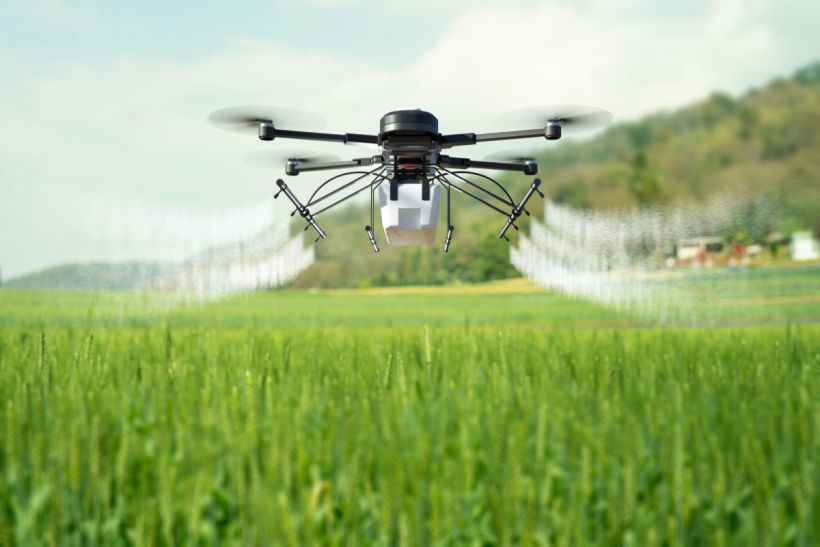
A Call for Regulatory Action
Consumer Report's food safety experts examined 59 fruits and veggies, finding that 20 percent posed significant risks due to pesticide residue. Household staples like bell peppers, blueberries, potatoes, and strawberries were among the key offenders. Even worse, green beans showed residues of a pesticide banned from use for over a decade in the U.S., suggesting criminal activity being missed by regulators. CR is asking for better oversight of imports, increased support for organic farming, and higher penalties to safeguard the public against these risks.
If you're worried about bug-killer in your bananas, look for labels that certify your food was raised organic and/or pesticide-free. You should also familiarize yourself with the EWA's Dirty Dozen, a list of the most pesticide-ridden produce on the market. Yes, it will cost you more but you can pay for it now, or you can pay for it later, and trust us, you don't want the bill that comes later.





